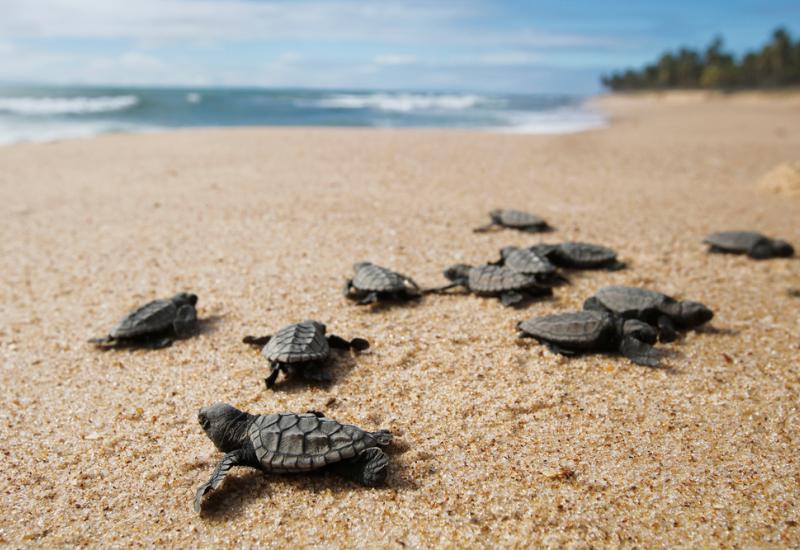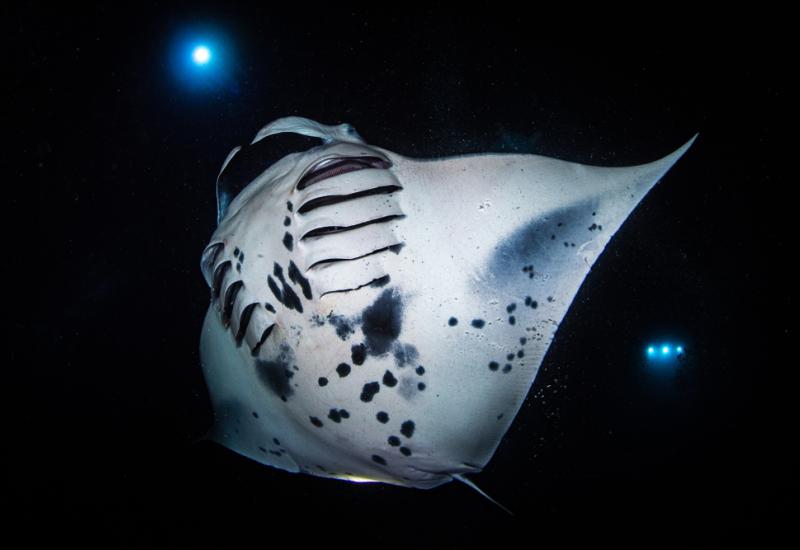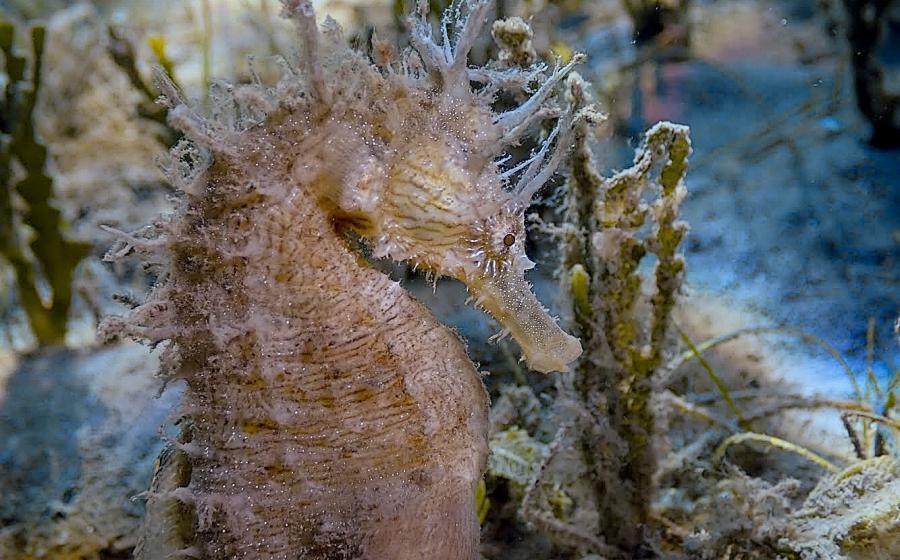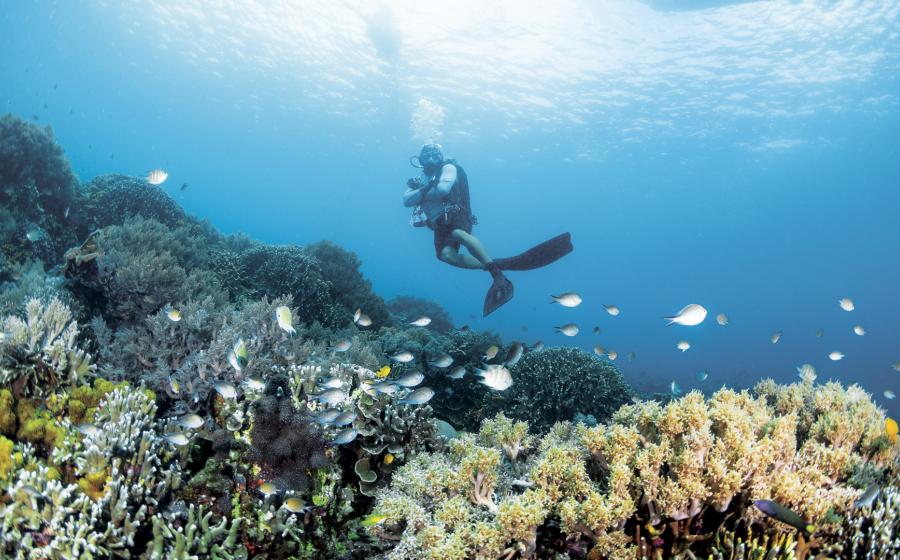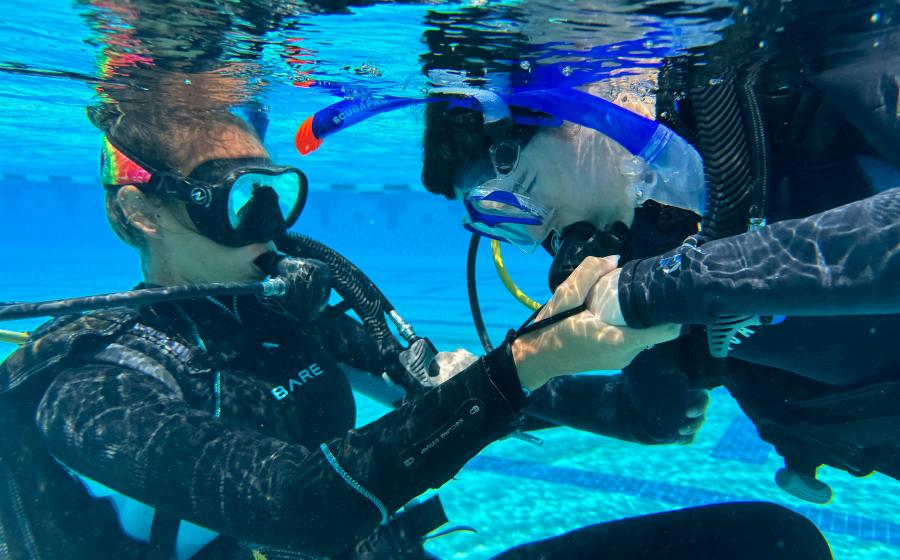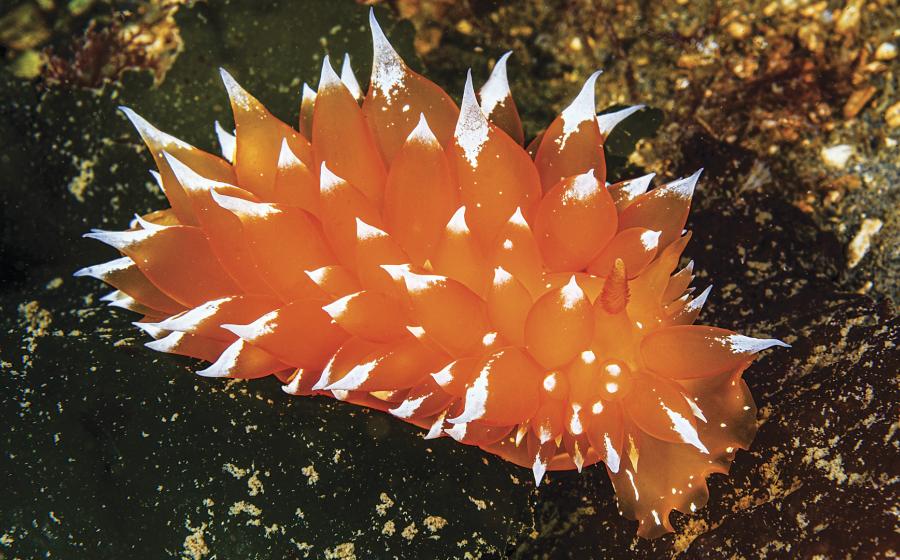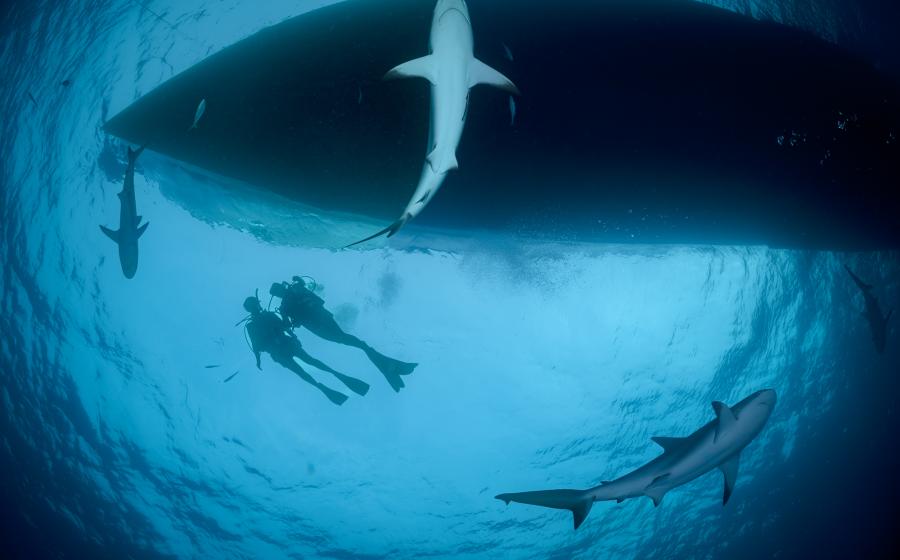How Accessible Are Marine Biology Careers for Disabled People?
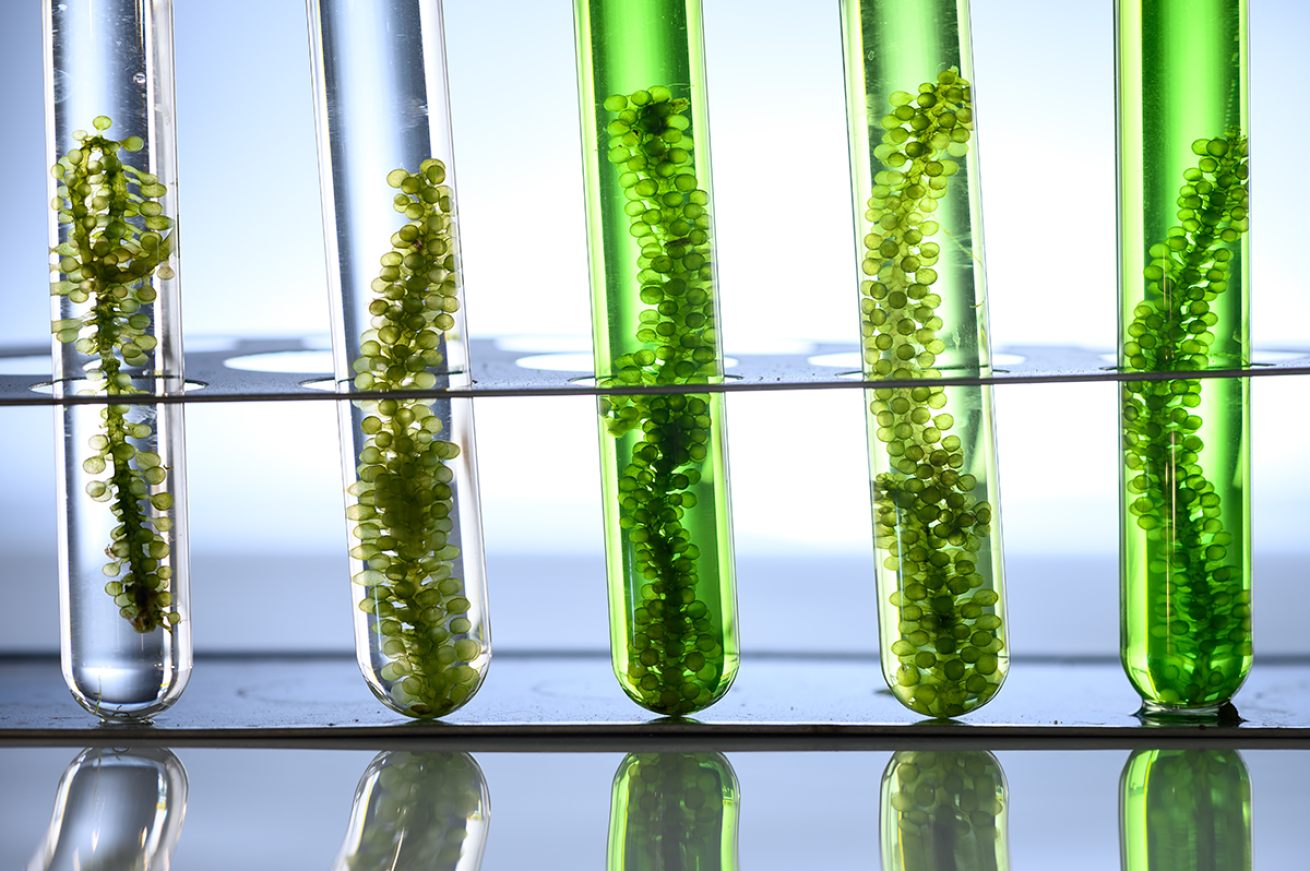
Shutterstock.com/Chokniti KhongchumSeaweed sits in experiment vials. Marine research does not require diving—which can be done by some disabled people—but the field writ large has barriers to break down.
Question: I have spoken with people who are interested in pursuing a career in marine biology, but think they cannot because of disabilities. What kind of accommodations - if any - are available in most marine science laboratory and field settings? - Joey M, Florida
Answer:
This is an important question that far too many leaders in my field don’t even think about. While there are jobs within the marine sciences that are accessible, our discipline needs to do a much better job at accessibility and accommodations in the lab, field, classroom, and more. More diverse teams produce novel and more effective solutions to problems, and the threats facing the ocean can sure use some more effective solutions. If we’re going to save the ocean, we need all hands on deck—that means making sure the deck is safe, welcoming, and accessible to all.
Let’s get the most common question I get related to this issue out of the way: you can scuba dive with disabilities but you not need to be scuba certified to be a marine biologist. The overwhelming majority of marine biology research does not involve scuba at all. I’ve been a diver since I was 12, and 0 of my approximately 800 dives have anything to do with science; they’re for fun. Some marine biologists use scuba for research, but I know several very successful marine biologists who don’t even go on boats because they get severely seasick!
Other than that, though, the field of marine biology has major accessibility issues. I reached out to my colleague Reilly Boyt to discuss this as Boyt is a shark researcher, a former Paralympic swimmer, and the founder of the just-launched group Disability Within Ocean Science.
“Marine science is an incredibly inaccessible field, and largely excludes disabled people,” Reilly told me, pointing out that STEM industries writ-large have 75 percent fewer disabled people than there are in the general population. “Academia and research are inherently designed for neurotypical, able-bodied people, everything from academia to labs to the field to conference have been designed with abled people in mind. Workspaces are rarely ADA (Americans with Disabilities Act) compliant. How can we expect disabled people to succeed in this field when they can’t even get into the room?”
What can we do to fix these problems? The answer to that is far too complex to fully address in a 500-word column, but I encourage you to follow Disability Within Ocean Science—its social accounts are @DIOScommunity on Twitter and @disababilityinoceansciences on Instagram.
In the meantime, she says we should begin by listening. “Disabled people are time and time again being left out of these conversations, and falling further behind,” Reilly told me. “The little accessibility that is in place is designed by ableds with little input or direction from the disabled community. If we are to begin addressing inclusion within marine science, we need these conversations to include the disabled community. Start by listening to, and hiring, disabled scientists. Including disabled people in these conversations, and having accessibility be determined by them, is the only way true accommodation will be put into place. Start by listening to disabled people, believing their experiences, and taking the necessary actions.”
Ask a Marine Biologist is a monthly column where Dr. David Shiffman answers your questions about the underwater world. Topics are chosen from reader-submitted queries as well as data from common internet searches. If you have a question you’d like answered in a future Ask a Marine Biologist column, or if you have a question about the answer given in this column, email Shiffman at [email protected] with subject line “Ask a marine biologist.”
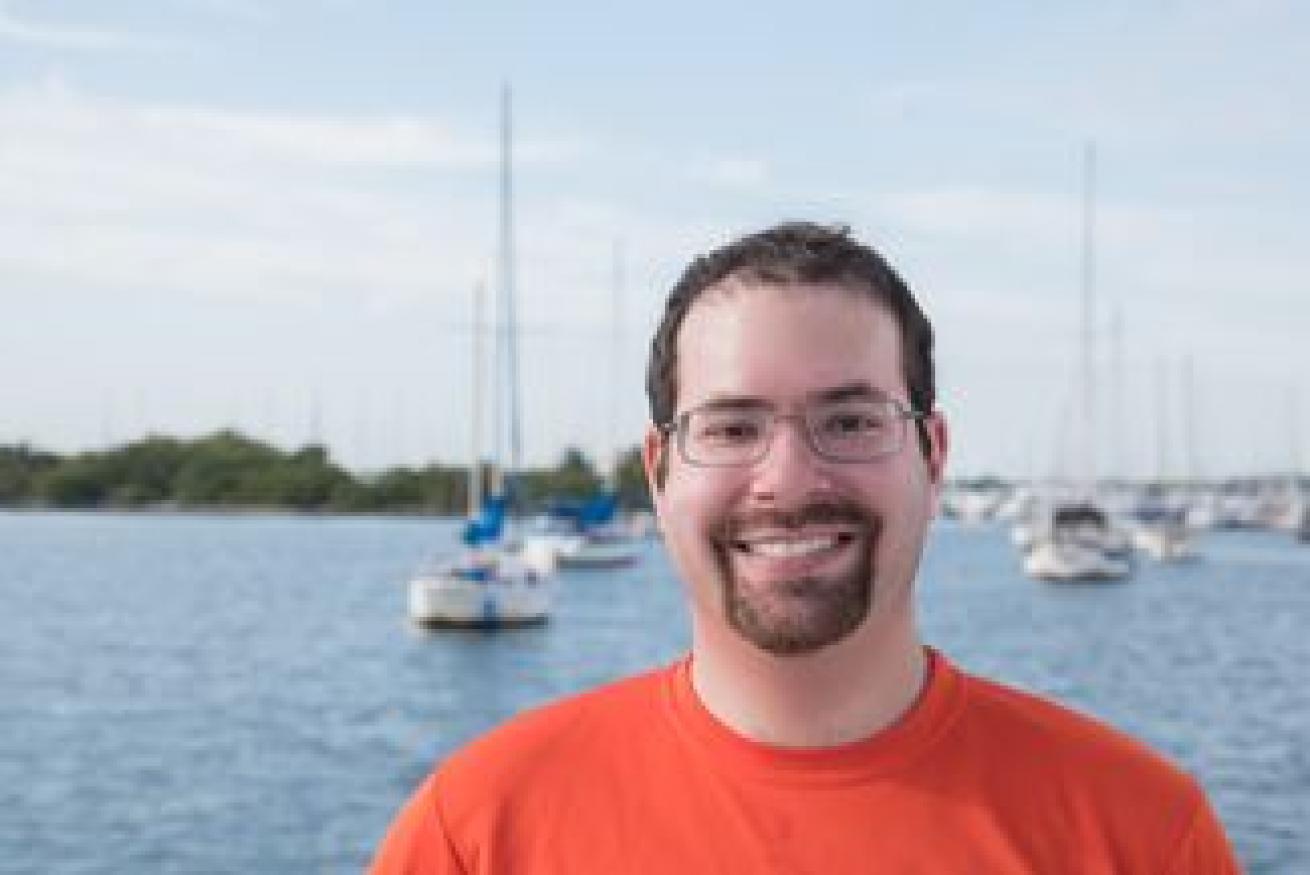
Courtesy ImageDavid Shiffman
Dr. David Shiffman is a marine conservation biologist specializing in the ecology and conservation of sharks. An award-winning public science educator, David has spoken to thousands of people around the world about marine biology and conservation and has bylines with the *Washington Post, Scientific American, New Scientist, Gizmodo and more. Follow him on @WhySharksMatter on Twitter, Facebook and Instagram, where he’s always happy to answer any questions about sharks.*
The views expressed in this article are those of David Shiffman, and not necessarily the views Scuba Diving magazine.

